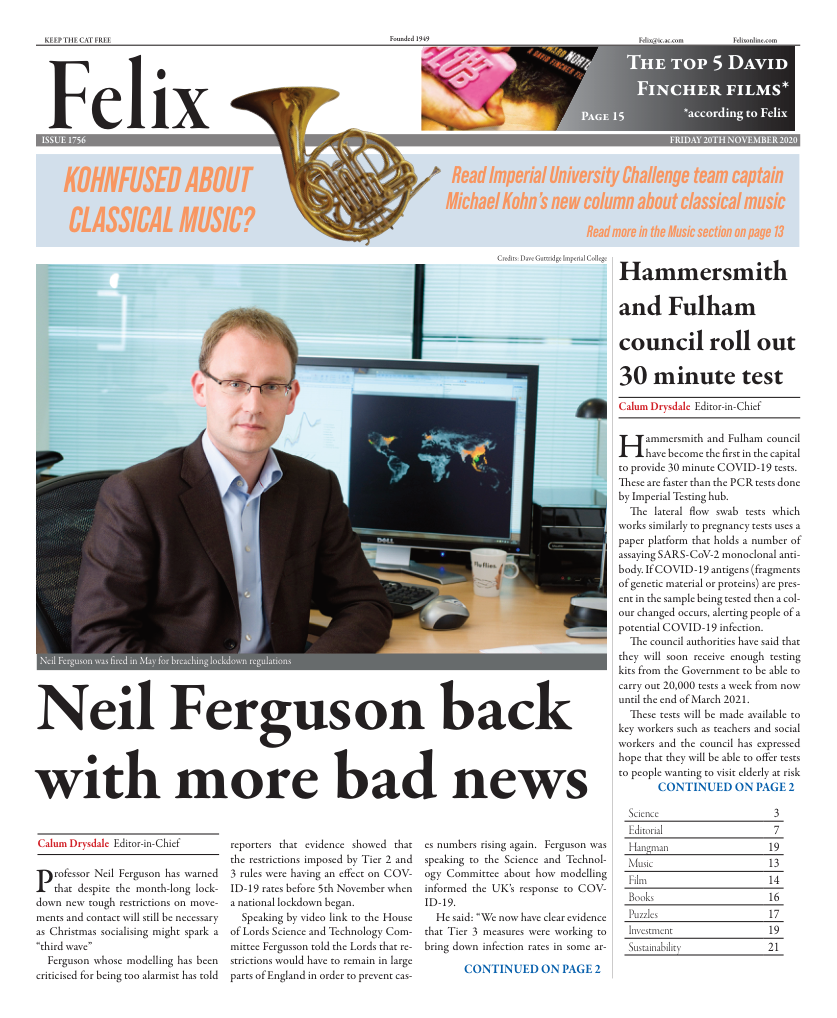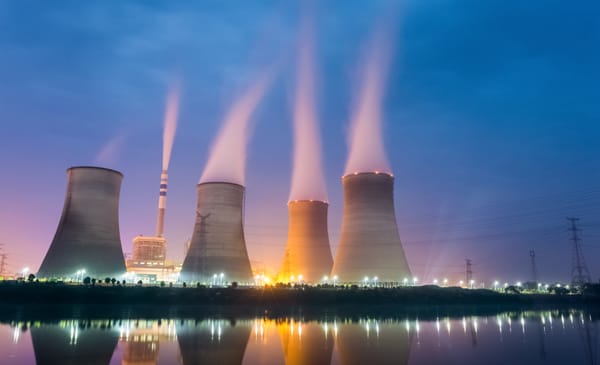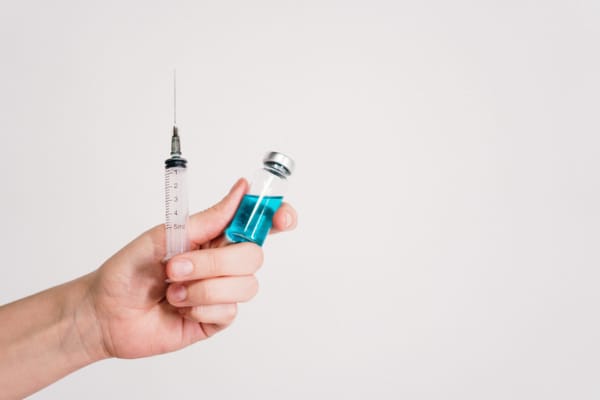Moderna reveals 94.5% efficacy for its corona vaccine
Third major COVID vaccine candidate comes out of Phase III trials with an average efficacy of 94.5%
Another week, and another coronavirus vaccine manufacturer has shared news that preliminary results from their Phase III trials are overwhelmingly positive. This time, the vaccine is being developed by Moderna Inc., a US-based biotech firm, and the efficacy from the study of 33,000 people was shown to be over 94%.
Moderna’s vaccine is designed using the same concept as Pfizer/BioNTech’s vaccine, i.e.. mRNA that drives the individual’s cells to produce antigens and generate an immune response (read about it in last week’s issue if you haven’t already!) and requires two doses. Similarly to last week, the results have not yet been peer-reviewed, however they still allow for cautious optimism.
It must also be noted that while 94.5% and 90% seem like different numbers, the vaccines they represent are likely to have the same, or even reversed, efficacy. As Imperial’s coronavirus vaccine lead Prof. Robin Shattock tweeted: “[We have] no idea what the efficacy will be at 6-12m. Could be considerably lower. The danger is that the public will be using this % to ask for what they think is best.”
Despite the similarities in study size, efficacy and technology, this vaccine has a solid advantage over the previous candidate, in that it can be stored in temperatures of -20C over a 6-month period, and in typical fridge-like temperatures of 2-6C for up to a month. In comparison, Pfizer/BioNTech’s vaccine can only be stored in these temperatures for about a week and must be stored at -80C otherwise – a real obstacle for lower-income countries around the globe.
However, while the vaccine may have better shelf-life and storage conditions, it might be more difficult to access in the first place. Unlike last week’s vaccine candidate, which the EU and UK have both signed large deals for (200m and 40m, respectively), Moderna’s largest deals thus far have been with the US for 100m doses (and an option for 400m more), Japan, Canada and Switzerland, with the EU commission only having a ‘potential purchase agreement’ (that is, nothing set in stone). The UK, meanwhile, scrambled to secure a mere 5m doses on Monday when the news of efficacy was announced. Moderna’s vaccine is also the most expensive of the frontrunners, costing around £40 for the two required shots, in comparison to Pfizer’s £30, or Oxford/AstraZeneca’s £3.
Nevertheless, as the mood around the world improves, it will still be months before the vaccines will have an effect on day-to-day life – so it is up to governments and individuals to act responsibly to control the spread of the pandemic until they are widely available.








